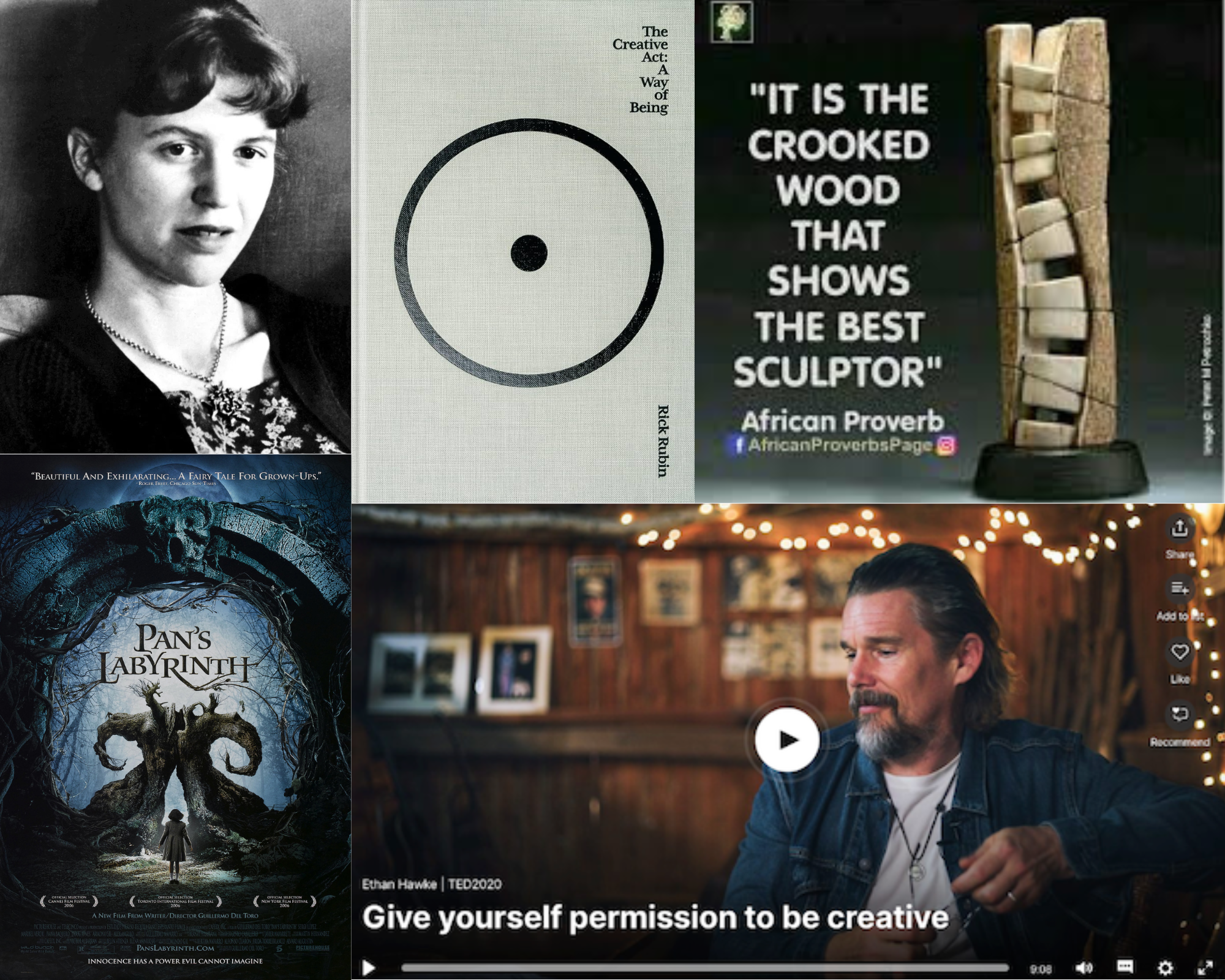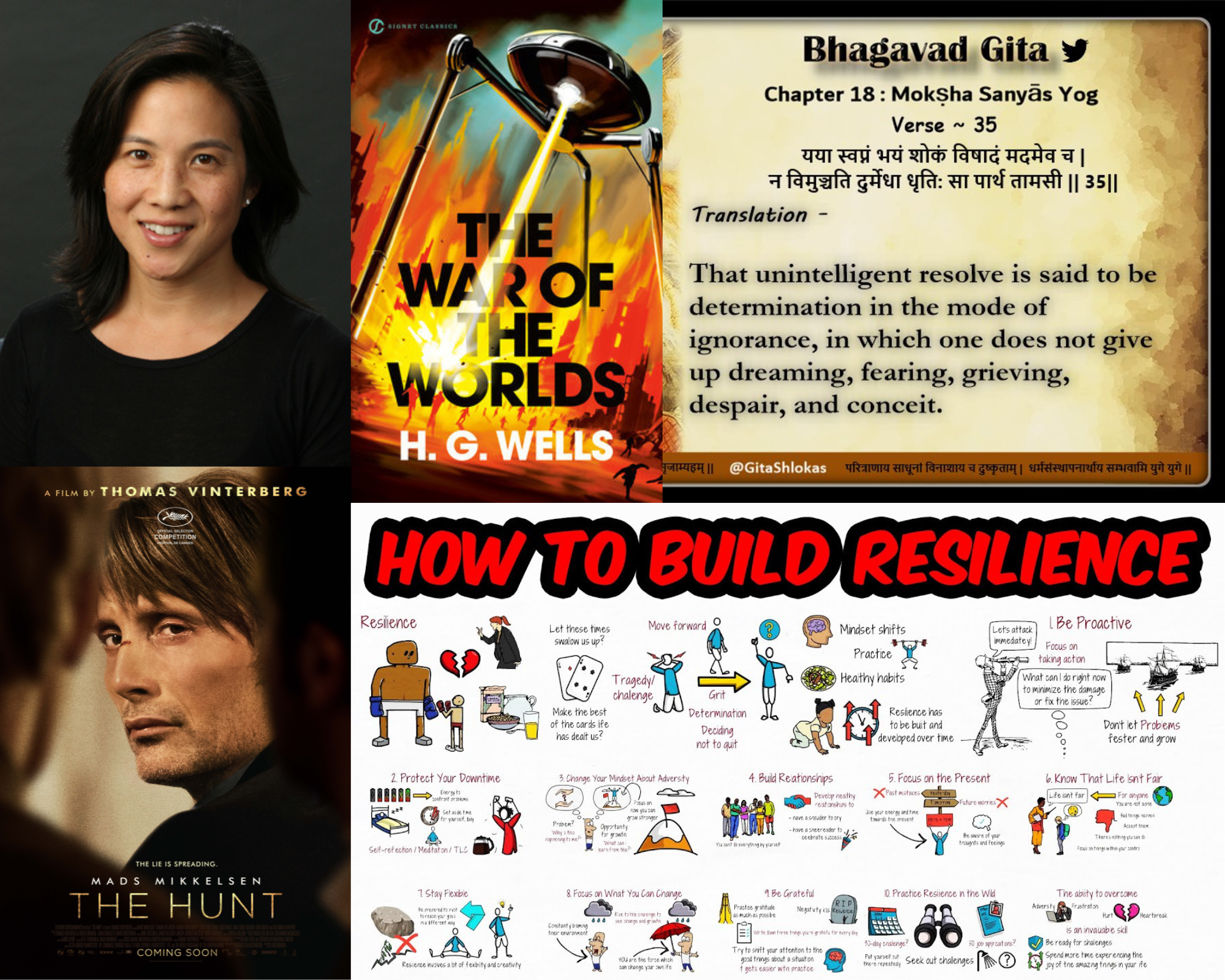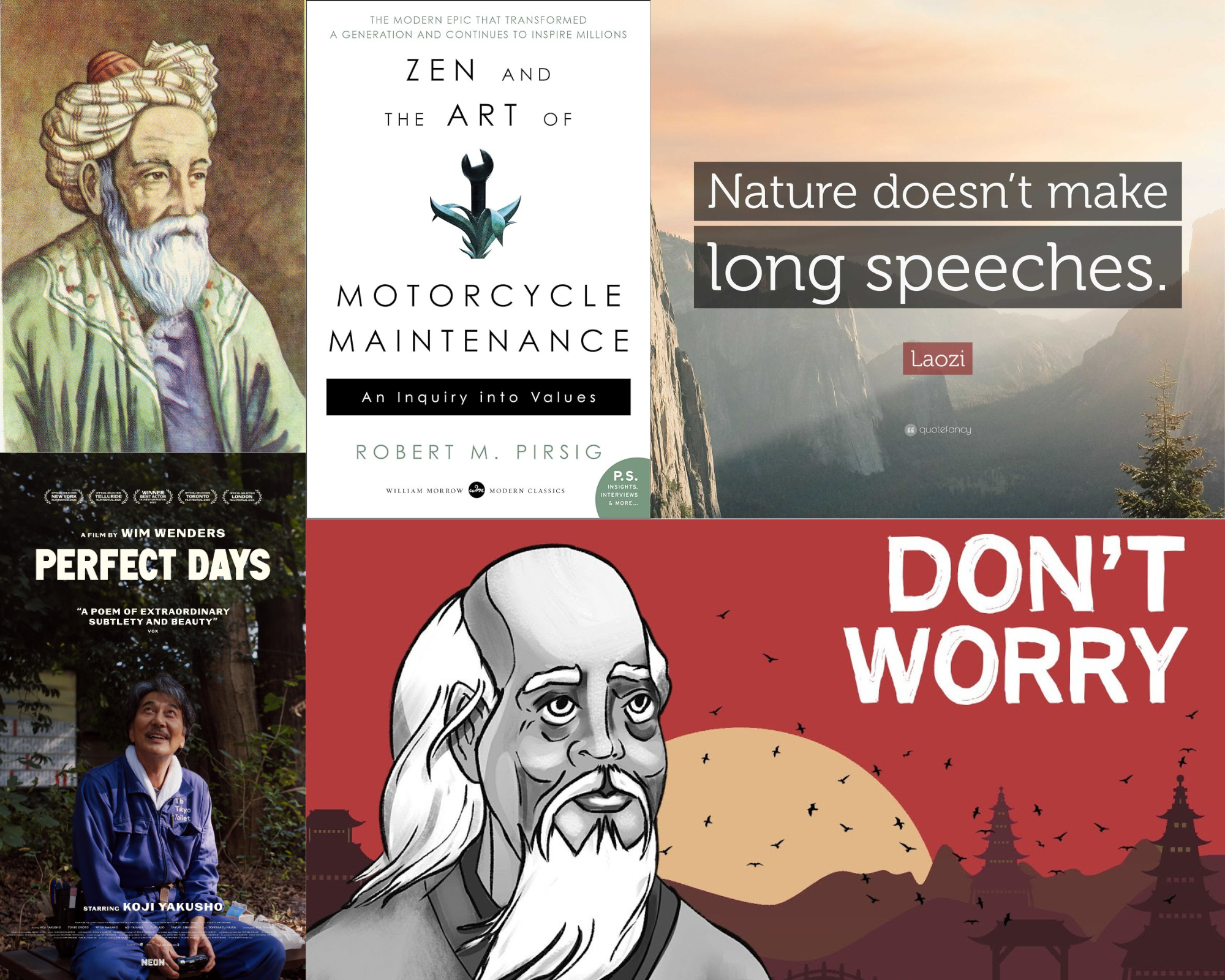Sunday Supplement #176 (September 22nd, 2024)
Below is another Sunday Supplement with a quote worth sharing, a book worth reading, a movie worth watching, brainfood worth consuming, and a spiritual passage worth pondering.
Please take something away from these recommendations that enriches your week ahead!
Quote of the Week:
“The worst enemy to creativity is self-doubt.”
– Sylvia Plath
Book of the Week:
The Creative Act: A Way of Being – Rick Rubin
Rick Rubin is a record executive and producer, co-founder of Def Jam Recordings, founder of American Recordings, and former co-president of Columbia Records.
Rubin has worked with various prestigious artists, from Jay-Z and Red Hot Chili Peppers to Aerosmith and Johnny Cash. His production discography is iconic.
The Creative Act is Rubin’s book about tapping into the creative spirit that flows in us and connecting to the world around us.
Rubin shares his insights about creativity from his personal experience and the tools and methods he’s learned.
I highly recommend this book to anyone looking for a guidebook on a more profound and more playful experience of life.
Movie of the Week:
When I write these posts, I’m sometimes surprised that I haven’t already recommended my chosen film for the week.
Pan’s Labyrinth is a phenomenal story brought beautifully to life by the Academy Award-winning director/writer Guillermo del Toro.
The film is set in the Falangist Spain in 1944. It follows the young stepdaughter of a sadistic army officer who escapes into an eerie fantasy world.
The cinematography is excellent, and the acting from Ivana Baquero, Sergi López, Maribel Verdú, Álex Angulo, and Doug Jones is captivating.
I can’t recommend Pan’s Labyrinth highly enough. It can be a somewhat intense movie, but it is a brilliant story.
Brainfood of the Week:
Give Yourself Permission to Be Creative | Ethan Hawke | TED
Four-time Academy Award-nominated actor, author, and director Ethan Hawke sits down and discusses creativity for the TED channel.
Hawke starts the video by saying that many people struggle to give themselves permission to be creative.
He states that most people want to offer something of quality that is considered good, but that aim is the enemy of creativity. It is not up to us whether what we do is any good.
Hawke shares his views on creativity, shares experiences in his life, and finishes with the credo that you have to be willing to play the fool.
Closing Spiritual Passage:
“It is crooked wood that shows the best sculptor.”
– African Proverb
When I read this proverb, I’m reminded of how perfect final products can look and how often we don’t see their origins.
In creativity, I believe that everyone has their unique story to contribute. Sometimes, that story speaks to a universal experience.
The road to creating something beautiful, personal or universal, isn’t always straight.
Get in touch with your creative side however that looks for you, and have a blessed week ahead!
Comments closed




